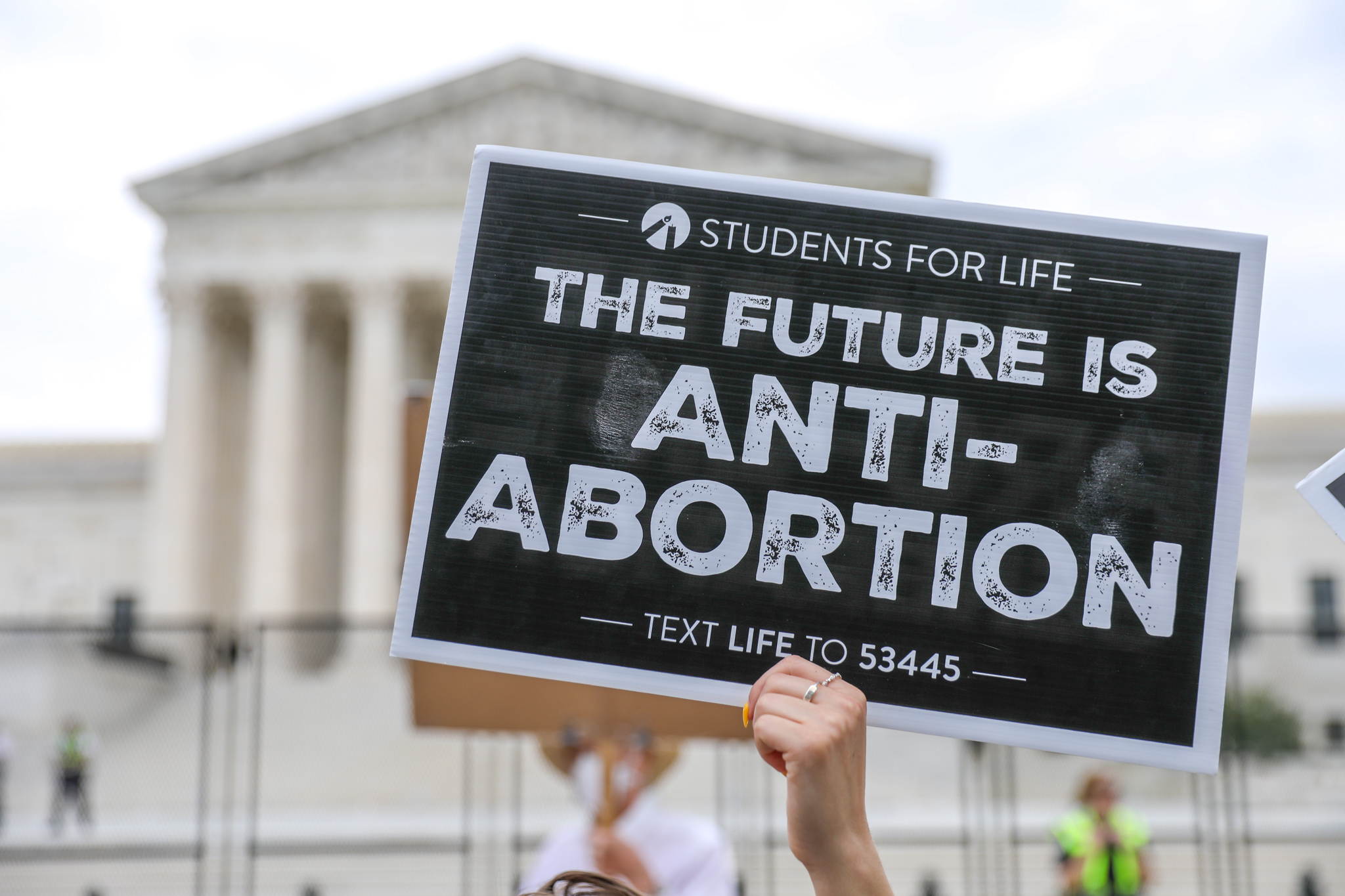'Battleground' director details documentary's extraordinary access within anti-abortion movement
The documentary "Battleground" is available online and in theaters.
Filmmaker Cynthia Lowen began the process of making the new documentary film “Battleground” with a genuine curiosity about the anti-abortion movement.
Lowen wanted to understand how, despite being in the minority, anti-abortion movement organizers "were being so successful in advancing their agenda,” she told ABC News Correspondent Phil Lipof.
The new documentary “Battleground,” which was released this year in theaters and is now available on streaming platforms, began in the summer of 2019, a full three years before Roe v. Wade was overturned.
Lowen said she started filming in Alabama, where the team was focused at first on documenting the abortion-rights movement.
She quickly realized, she told ABC News, how crucial it would be to frame the film from a minority perspective by including multiple important voices from the anti-abortion movement.

A recent survey by Pew Research Center found that 62% of Americans think abortion should be legal in all or most cases. A 2017 study by the Guttmacher Institute found that nearly 1 in 4 women will have an abortion in their lifetime.
“Battleground” features three women in influential positions within the anti-abortion movement: the president of an influential anti-abortion lobbying organization, the founder of the largest anti-abortion youth organization in the country, and the founder of Pro-Life San Francisco.
Part of the goal of the film is to challenge assumptions and notions about the anti-abortion movement by showing organizers that are neither religious nor conservative about other beliefs.
“What I discovered that really surprised me is that there are a lot of women who are leading the anti-abortion movement,” said Lowen.
One example is Terrisa Bukovinac, the founder of Pro-Life San Francisco, who identifies as an atheist, a feminist and a Democrat with progressive values. “[She] is a very different face of the anti-abortion movement than many people expect,” Lowen said.
“She represents,” Lowen added, “what the movement is trying to do in terms of appealing to young people as single-issue voters.”

“If they don't grow their base and appeal to non-religious people, to young people and cultivate those single-issue voters,” she added, “they may not continue to have the kind of success and inroads that they've had legislatively.”
Despite representing a minority opinion, the anti-abortion movement has been very successful. Roe v. Wade was overturned in June 2022, opening up the opportunity for dozens of states across the country to restrict access to legal abortions.
One of the scenes in the documentary includes audiotape of Lowen’s team obtained from a conversation between evangelical leaders and former President Donald Trump, who was a presidential candidate at the time.
“You really hear this deal being made,” Lowen said, “which is that if Donald Trump will advance the agenda and the priorities of Christian right, the Christian white right will rally their base to get out and vote for him.”
Trump’s success in appointing three conservative Supreme Court justices was instrumental in the anti-abortion movement’s success in overturning Roe v. Wade.
The documentary also includes interviews with leaders from the abortion-rights movement, including President and CEO of Planned Parenthood Alexis McGill Johnson.
Lowen told ABC News she personally disagrees with the anti-abortion movement, saying it “deprives other people of their rights and other people of the opportunity to make health care decisions for themselves that are in their own best interests.”




